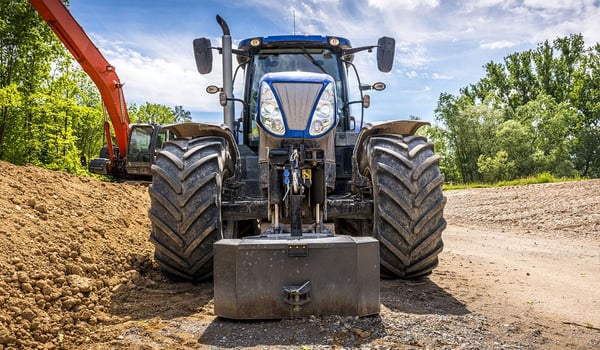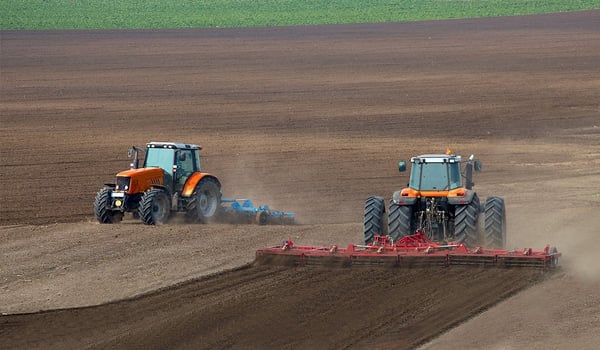BRIDGESTONE EUROPE NV/SA
AG Department
Kleine Kloosterstraat 10
1932 Zaventem
Belgium
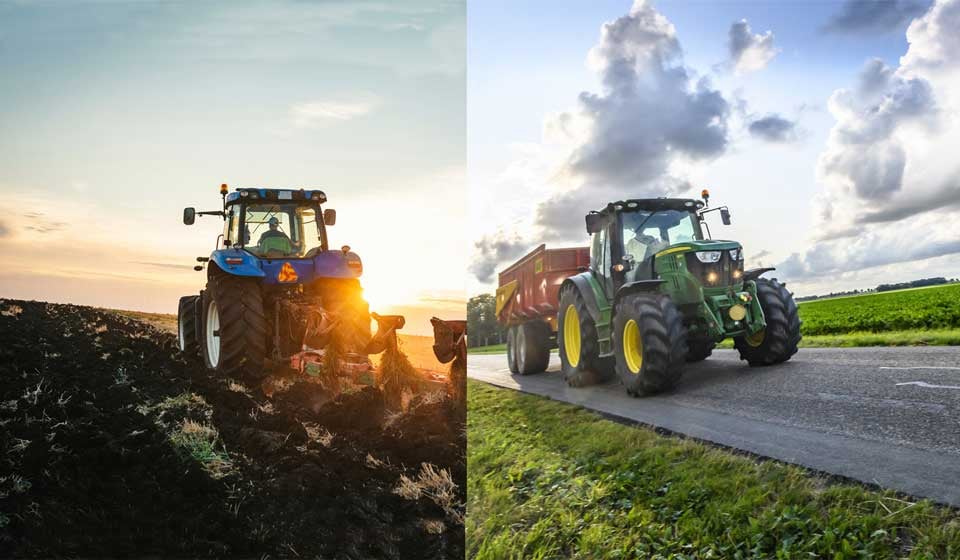
Authored by: Tractor tyre expert | 29 September 2023
Your tyres are the principal link between your agricultural machine and the ground. Depending on the tyre model that you have chosen and the quality of the tyre, it will influence the way in which engine power is transmitted to the ground.
Choosing a tyre that is suited to your farm is therefore crucial if you wish to optimise efficiency. Manufacturers generally fit tractors with standard multi-purpose tyres, but these models are not necessarily the best adapted to your specific needs. When you renew your tyres, it is important to choose the model which corresponds perfectly to your specific case.
The one which will allow you to improve traction, protect your soil, reduce your fuel consumption and also gain time. Just like you wouldn’t wear dress shoes on a hike in the mountains, the choice of tyres must be specific to your machine’s main activity on the form.
When you renew your agricultural tyres, you can opt for a model that will improve your efficiency. Certain tyres can have a direct impact on the transmission of your machine’s power to the ground, your work rate, soil compaction and, in the end, on your yields.
You must take the following factors into account when choosing your future tyres:
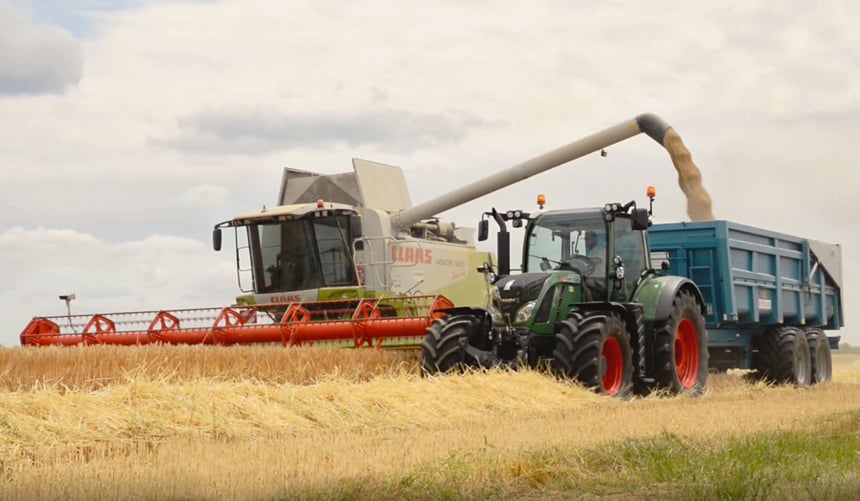
When you choose your agricultural tyres, don’t just stop at the initial purchase cost. Tyres are much more than just consumables. They can represent an investment, just like a new tool. By opting for better quality tyres, you can improve your work rate, protect your soil and reduce fuel consumption, which can contribute significantly to your long-term profitability.
There are multiple benefits to investing in quality tyres:
It is essential to consider the “hourly cost” rather than the gross purchase cost, because quality tyres last longer, work more efficiently and require less maintenance, which reduces overall costs.
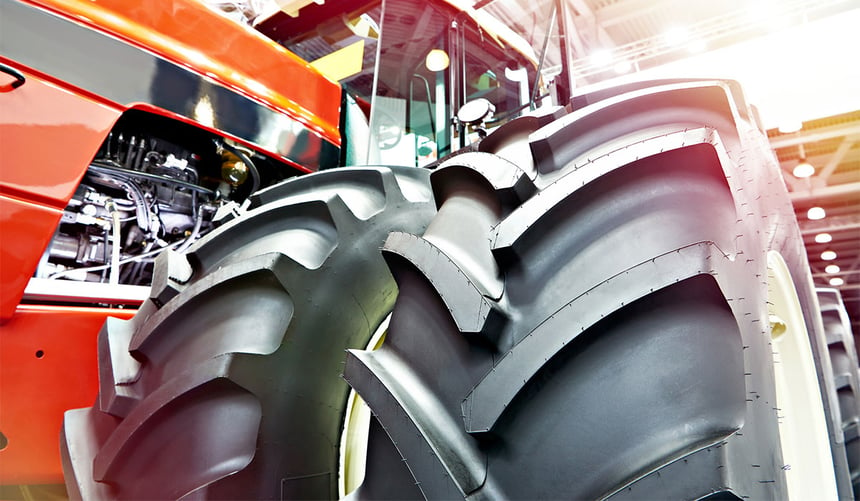
Rather than systematically replacing your worn tyre by the same model, you should seek out the best balance between cost and efficiency based on your farm, your activities and your needs.
While agricultural tyres may appear to be identical, there are many differences which tend not to be visible. The quality of the materials used and the manufacturing process have a major influence on the tyre’s efficiency and durability.
Here are the essential aspects of a quality tyre:
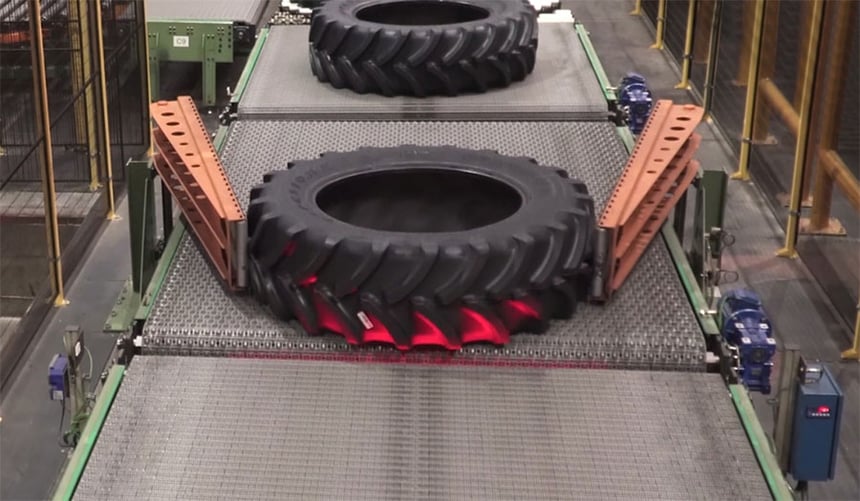
The way in which the casing of an agricultural tyre is built is essential in terms of its efficiency and durability. What sets a higher quality casing apart is the level of technicality of its structure. This is a complex assembly of fabric chords and different rubber components which will give the tyre its strength, its resistance and its capacity to last over time.
The solidity of the casing is decisive when it comes to load bearing. The sidewalls must be resistant but supple to absorb impacts without excessive deformation. A superior quality casing allows you to increase the load while working at a low inflation pressure, without this leading to any structural rupture.
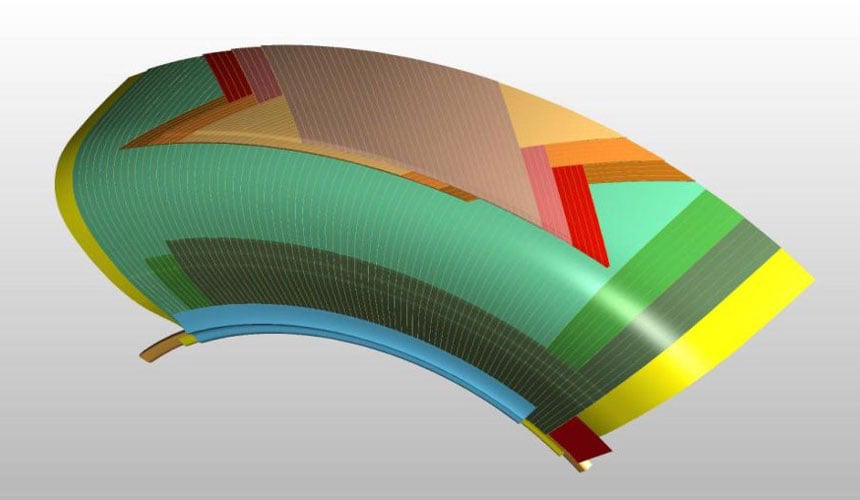
The quality of the tyre comes from the level of technicality of its construction. To obtain a perfect assembly of fabric plies and rubber components, quality tyre fabric chords are soaked in latex. This ensures optimal adherence between the components of the casing, thus reinforcing its solidity and improving the durability of the tyre.
Whatever your choice of tyres, you are never totally immune from breakdown. The advantage of having a well-constructed, quality casing is that it can be repaired if necessary, thus extending the useful life of the tyre, whereas with a standard casing you would have to replace the tyre completely.
During recent years, tyre sizes have evolved significantly. While 70 and 65 series were the norm in the 2000s, needs have shifted towards tyres with a higher volume of air, with section widths of 650 mm (e.g. 650/85 R38) to 900 mm (e.g.900/60 R42), which can carry heavier loads and thus complete more work and cover the ever expanding surface areas.
The aim of this shift towards larger tyre sizes is to improve productivity while protecting the soil. These tyres will help improve your farm’s profitability.
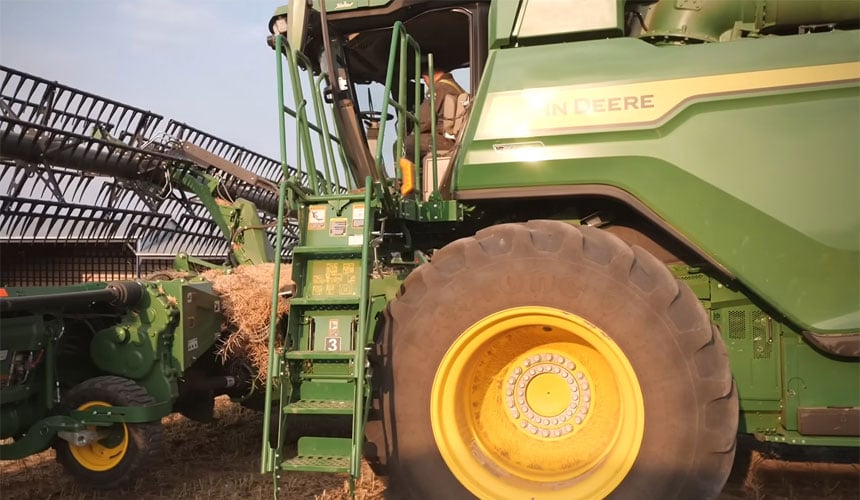
Before investing in new agricultural tyres, take into account your specific area of activity, or at least the main use of the machine that you wish to fit with tyres. Each type of agricultural work has a corresponding category of tyre to produce optimal results.
For crop farming, give preference to large radial tyres that work at very low pressure. They can carry a heavy load and they spread the pressure to the ground evenly, improving traction and protecting the soil. This category of tyre is ideal for field crops on large farms.
Opt for wide harvester tyres which have an increased load capacity, better traction and which lead to fuel savings. Firestone’s 900 mm Maxi Traction Harvest tyre maximises your yields and your productivity.
For mixed livestock-crop farming, choose versatile tyres which can cope with heavy loads during manoeuvres in the court farmyard and offer excellent traction in the fields: Multi-purpose tyres with an ultra-resistant casing and reinforced sidewalls. The Maxi Traction and Performer Extra 70 and 85 ranges have been developed specially for use in mixed livestock-crop farming.
When it comes to handling operations, specific tyres are essential to ensure maximum stability and cope with heavy loads on hard ground. Opt for dedicated tyres with a reinforced structure that can resist very high pressure levels to avoid premature wear.
For spraying, narrow tyres are often recommended. They minimise the extent of the impact on the young seedlings, thus reducing crop damage and loss of yield. Firestone’s Performer 95 is a judicious choice, offering a very high load capacity thanks to its steel belt, excellent traction and far superior driving comfort.
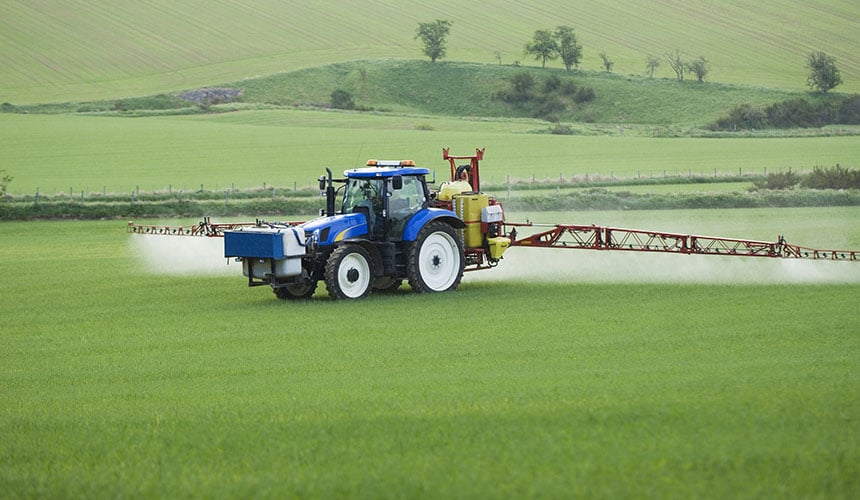
Arboriculture requires the use of wide tyres that work at low pressure, such as Firestone’s R4000, which was designed especially for orchards and vineyards. It has a more robust design, offers better traction, saves time, has a high load capacity and protects your soil by limiting compaction.
Agro-industrial tyres are suitable for heavy work and activities secondary to farming. They are resistant to external aggression, improve the load capacity and their inflation pressure can be increased for intensive manoeuvres.
Choose suitable tyres to avoid soil compaction and protect the grapevines. Dedicated tyres reduce erosion and protect the water supply to the deeper layers of soil. These robust tyres are designed for work on slopes and rough vineyard terrain.
Renewing your tyres by always picking the same model that was originally fitted on your tractor is not a good thing to do. With the right information and a precise idea of the main use of your tractor on your farm, you will be able to choose the most suitable tyre for your specific case.
This will considerably improve your tractor’s capacities: less slip, better traction, more resistance to load and less wear; in short a judicious choice if you wish to make savings in the long run.
With Firestone, you have the guarantee of tractor tyres that deliver a real advantage, and that in choosing our brand, you can work worry-free.
Most people who read this article have also read some of the following articles:
